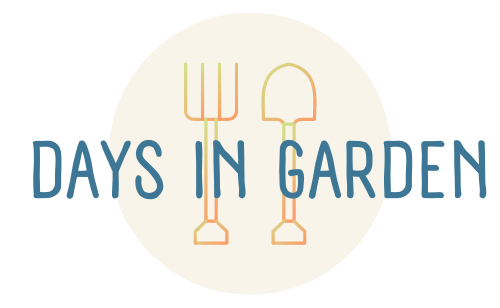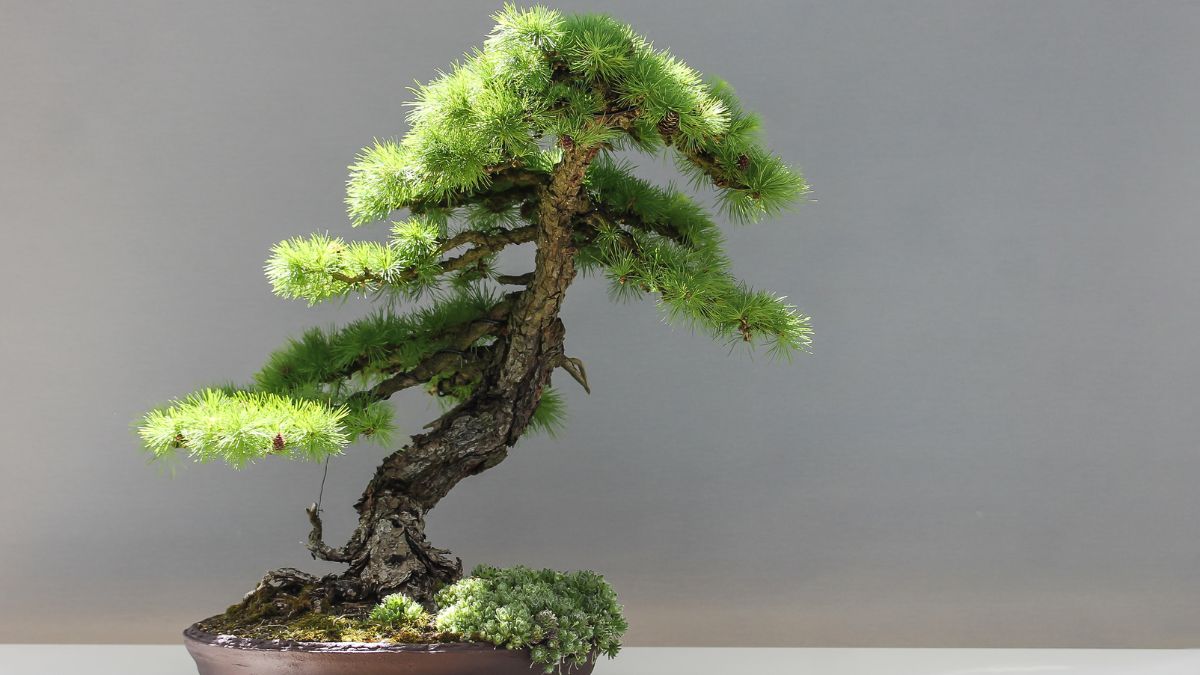In this blog post, you will find all the information you need about What Soil is Best for Bonsai Trees. We offer the best guidance tips that will benefit new and established gardeners. Seeing that the bonsai tree can be grown indoors or outdoors, following the best maintenance procedures in both instances will be beneficial to your plant.
Healthy and happy plants ensure a thriving garden all year through. However, when it comes to bonsais, the controversy around soil mixes can be confusing. Using the best soil to grow your plant is essential as it serves as the foundation for a healthy environment.
This is because the bonsai tree roots are the heart of the plant. If the roots are not well taken care of, the plant’s health and growth will take a plunge. Let’s have a look at the information below to learn more about this sought-after plant!
What To Consider When Growing Bonsai Trees
Bonsai trees are a fascinating plant species with a rich history that goes back centuries. It thrives in the right condition just as other living beings and sheds an aura of beauty to any home or garden. However, there are a few things that you should consider when growing bonsai trees.
Having knowledge of what soil is best for bonsai trees will aid in their health, growth, and longevity. These trees are quite hardy and create their own energy from nutrients and minerals available in the best soil. Therefore, soil mixtures that are compatible with these trees are recommended for their cultivation.
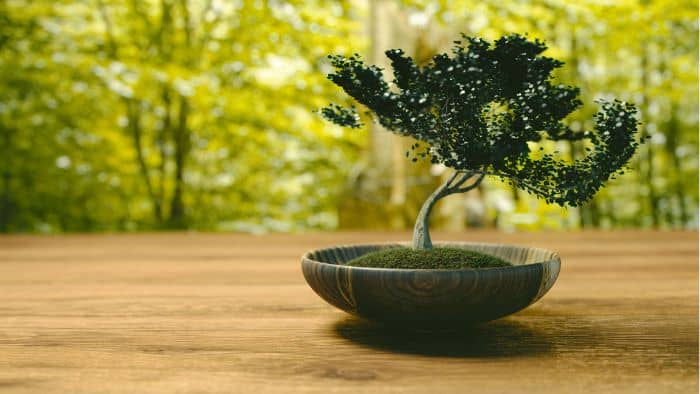
However, aside from nutrient-rich soil, bonsai also likes direct sunlight as it helps them thrive. Also, keep in mind that if the soil lacks oxygen because of insufficient air circulation, this can cause your bonsai tree root to rot. Therefore, an aerated well-drained environment is best.
What Soil is Best for Bonsai Trees
When it comes to what soil is best for bonsai trees, the climate in your area plays an important role. Although these trees are quite hardy when grown outdoors, keeping them indoors has a slightly different set of care tips to keep them in their best shape.
Therefore, to find the right growing medium for bonsai trees, it is important to have ample knowledge of soil drainage. Having soil with excellent drainage properties will be beneficial to your bonsai plant. Also, bonsai thrives on nutrient-rich soil that is aerated. Careful soil preparation is highly recommended when it comes to these trees.
So, what soil is best for bonsai trees? Well, bonsai likes a soil mix that includes gravel, lava rock, akadama, organic potting mix, pumice, and compost. The trees thrive in this soil mix which is nutrient-rich, aerated, and well-draining. Watch the next video and have a look at the 20 best bonsai trees.
Soil pH for Bonsai Plants
Now that you know what soil is best for bonsai trees, understanding the soil pH is another important factor to help them grow their best. Soil pH is calculated from level 1 to 14 with 7 considered neutral. Most plants grow well in neutral soil, however, there are some that like acidic soil which has a pH lower than 7, and others that like alkaline soil with a pH above 14.
pH levels influence soil conditions by a large margin. Slightly acidic soil with a pH of 6.5 is ideal for growing bonsai plants. This is because the plant roots can easily absorb nutrients from the soil. Therefore, soil testing is recommended when growing bonsai trees as it is important to monitor the environment they are growing in regularly.
However, you should also keep in mind that if the soil is overly acidic, its nitrogen availability will be severely restricted. This can be harmful to your bonsai plant’s health and growth. Make sure that your growing medium supplies your plants with the nutrients that it needs to thrive. A pH level above 7.5 is not recommended for bonsai.
Bonsai Plant Care Tips
Having a bonsai tree in your home or garden is beneficial in enhancing the beauty of your surroundings. Not only are these hardy plants eye-catching, but their rich history makes them stand out in any setting.
Affording them the proper care and maintenance is essential for them to thrive. Listed below are a few plants care tips that you can follow to ensure that they are healthy and happy.
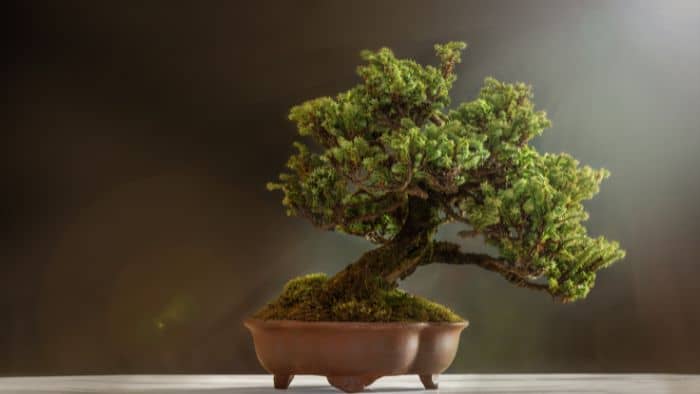
Tips:
• Use our tips above for what soil is best for bonsai trees so they can thrive.
• When the topsoil feels dry to the touch, thoroughly water the bonsai tree. This should be at least once a week.
• For your bonsai to stay in the best health, make sure that you grow it in humid surroundings.
• Bonsai trees grow best in direct sunlight which should be at least 6 to 8 hours a day. If they don’t get the amount of sunlight they need, they may produce weak foliage or get damaged.
• No matter the type of bonsai you are growing, shielding them from heavy drafts is important for them to maintain their health.
• If you are growing your bonsai indoors, place your tree in a south-facing window to grow its best. The light source will enhance their growth.
Conclusion
We have given you information about what soil is best for bonsai trees, care tips, soil pH levels, and considerations that you should embrace when growing these plants. Bonsai trees are forgiving plants, but their root is their life source. They can grow healthily and survive a long time in the right conditions.
Also, do you know the difference between indoor and outdoor bonsai trees? Tropical and subtropical bonsai do best in an indoor environment. They fair exceptionally well year-round with proper maintenance. They also lend an aura of beauty to your home and are known to enhance any setting.
When it comes to outdoor bonsai, these plants are easy to grow and maintain. They are hardy trees that have a dormant period during the winter months. This is a part of their hardiness and survival as they are built to endure the elements.
Practice our care tips above to ensure that they grow their best! Click on the link for a little history of the bonsai tree from the Birmingham Botanical Gardens.
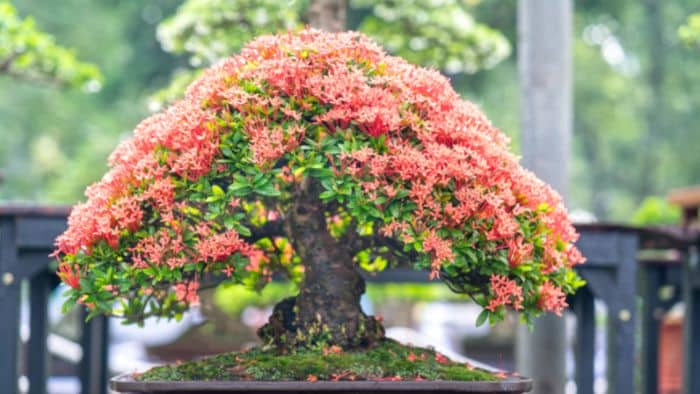
FAQs
[rank_math_rich_snippet id=”s-87abe9c4-e0ee-4647-8326-7bd3cfedaf0d”]
